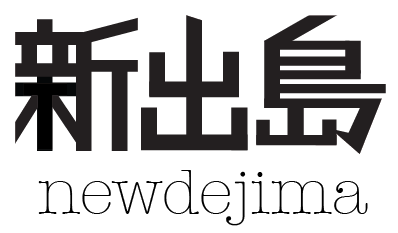Being in a cluster looks correct approach for taking advantages but in Italy a cluster of silk firm is failing because of globalisation; more open trade and better transport links. Globalisation let Italy think harder about the shape of future clusters.
An article of The Economist, "Clusters flustered", explains that being cluster is not good enough to compete with foreign products.
According to Michael Porter, a management guru, clusters have benefits. They help productivity, boost innovation, and encourage new firms. Firms' geographical proximity, their close competition with each other and the growth of specialised suppliers and production networks around them make a winning combination.
However globalisation made this doubtful. In fact, firms start diversifying their moves to guard from cheaper foreign products. A firm such as Giacomini, a brass valves, connectors and manifolds maker, is producing not only brass but also electronic controls, heating system, and air conditioning system. Another firm Zucchetti, a tapmaker, tries to design smart products and defend its brand to compete with cheaper products. These approaches mean that the advantage of clusters looks less powerful.

0 件のコメント:
コメントを投稿